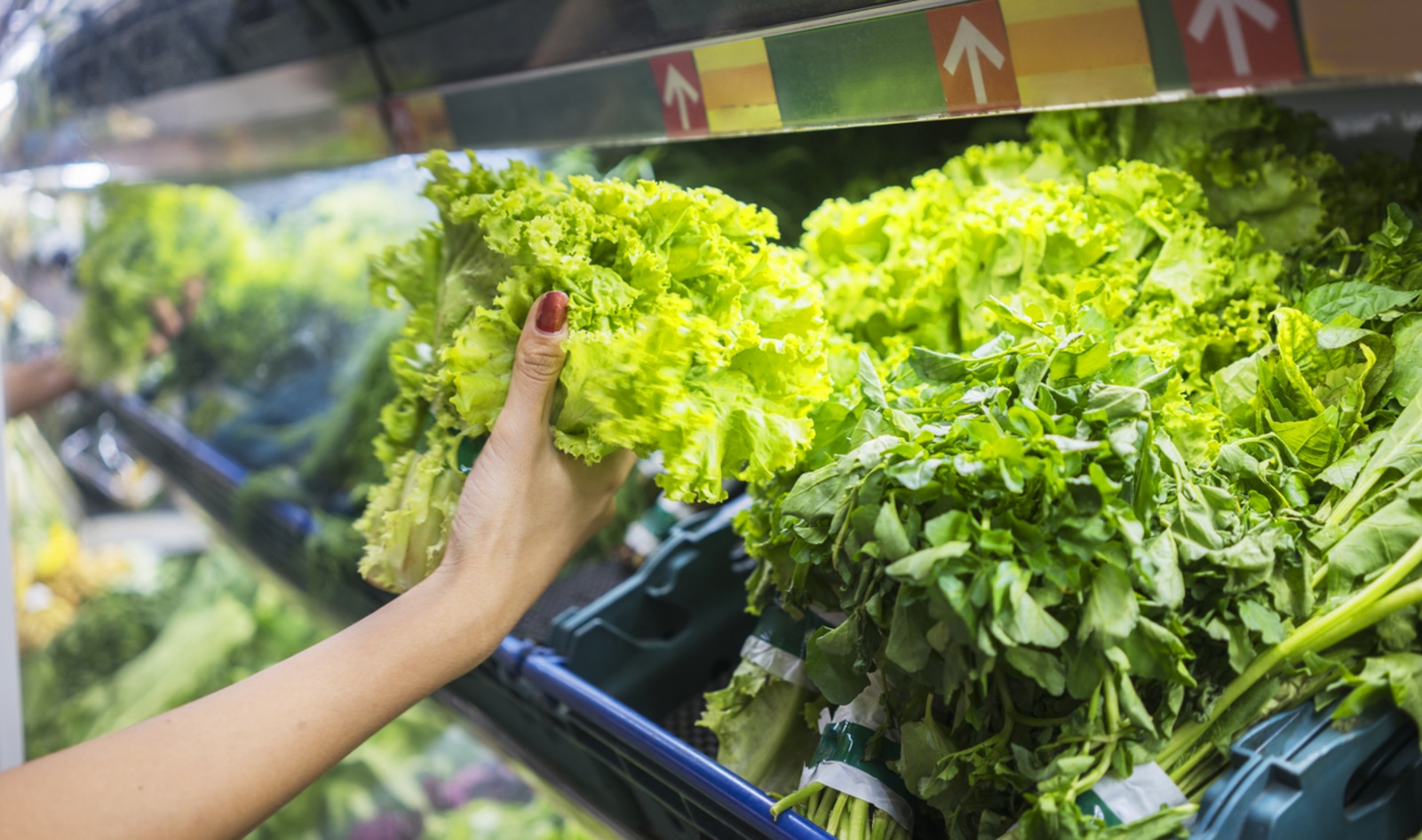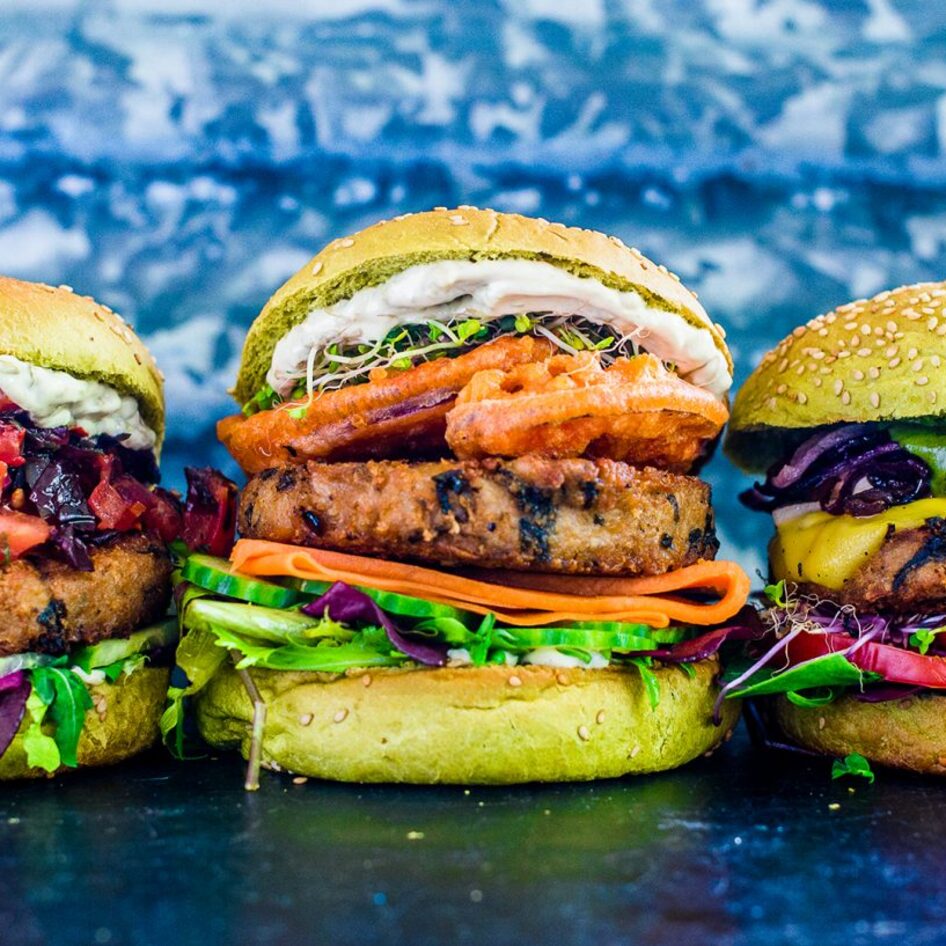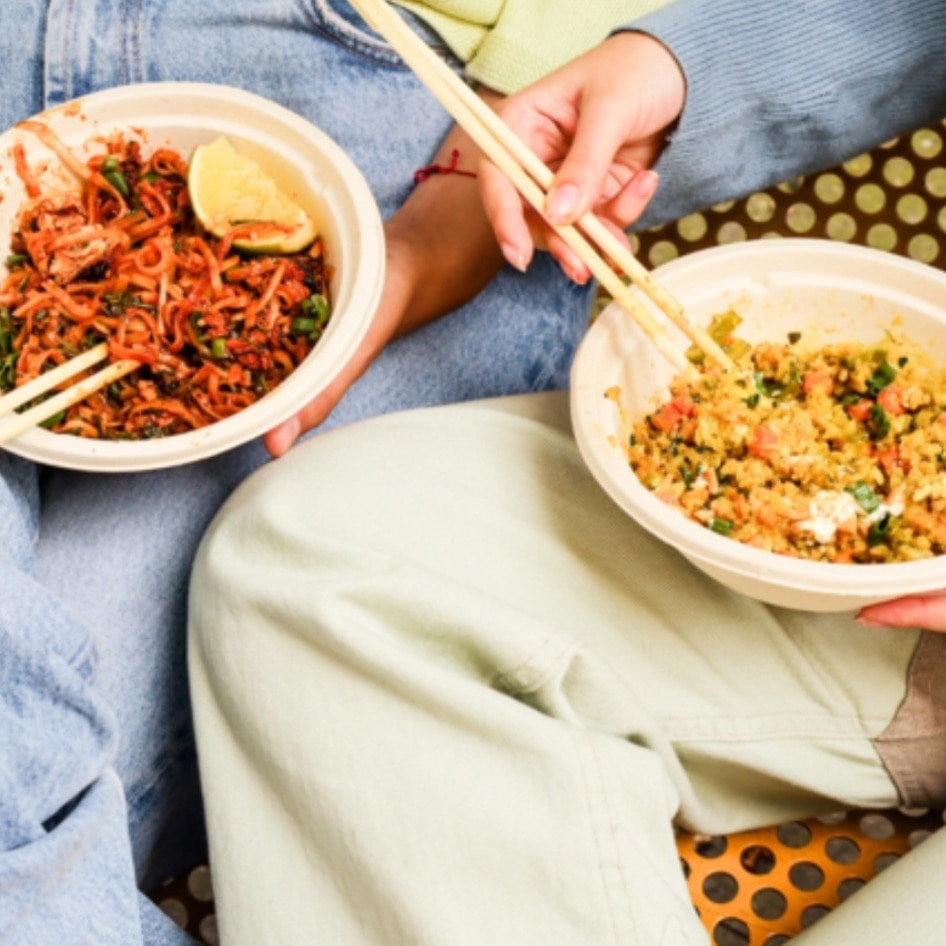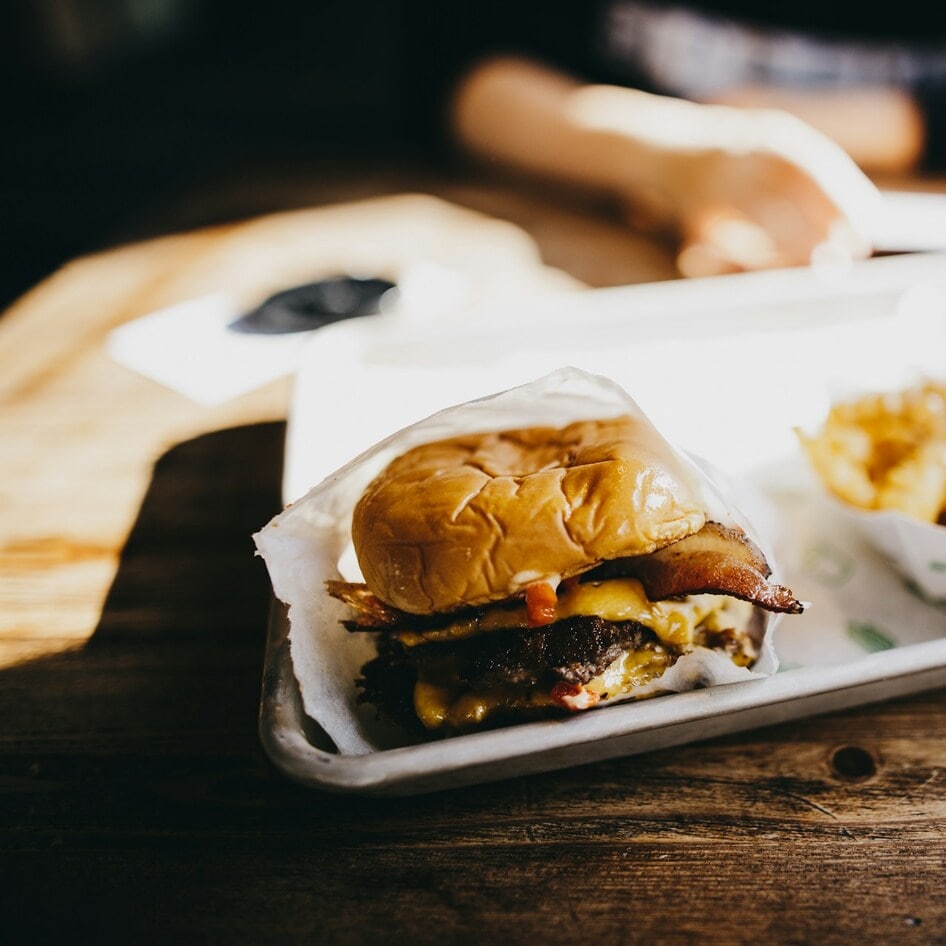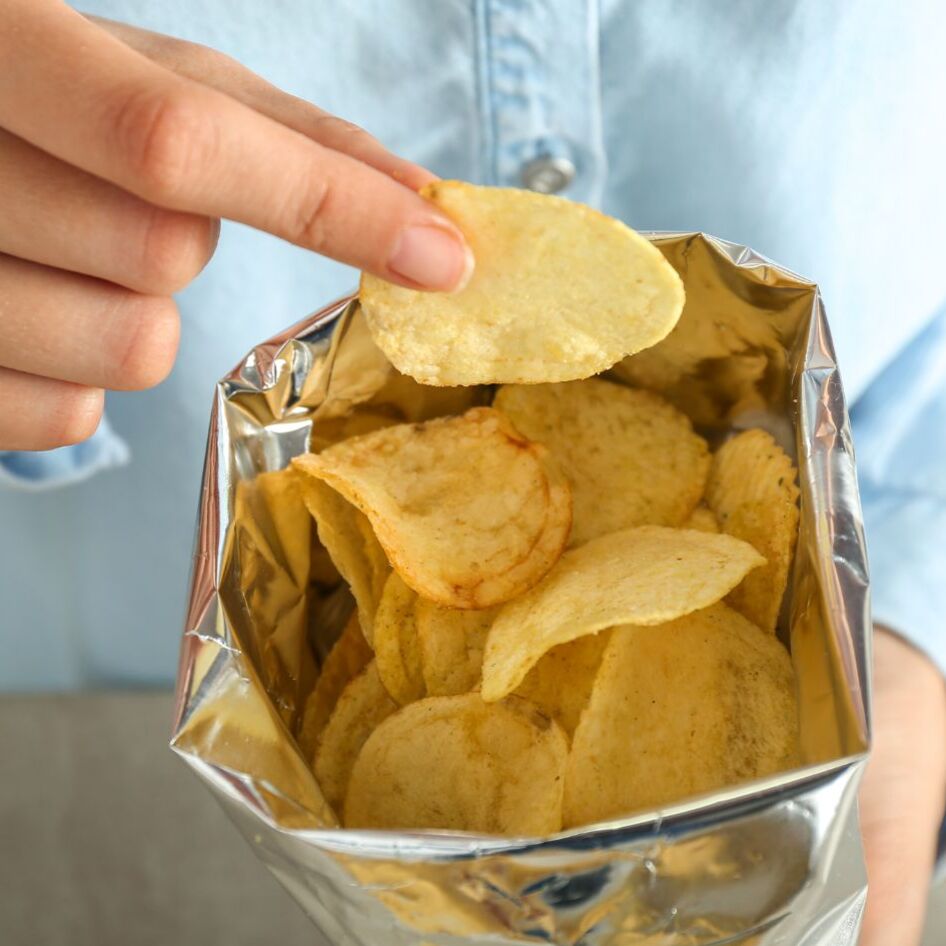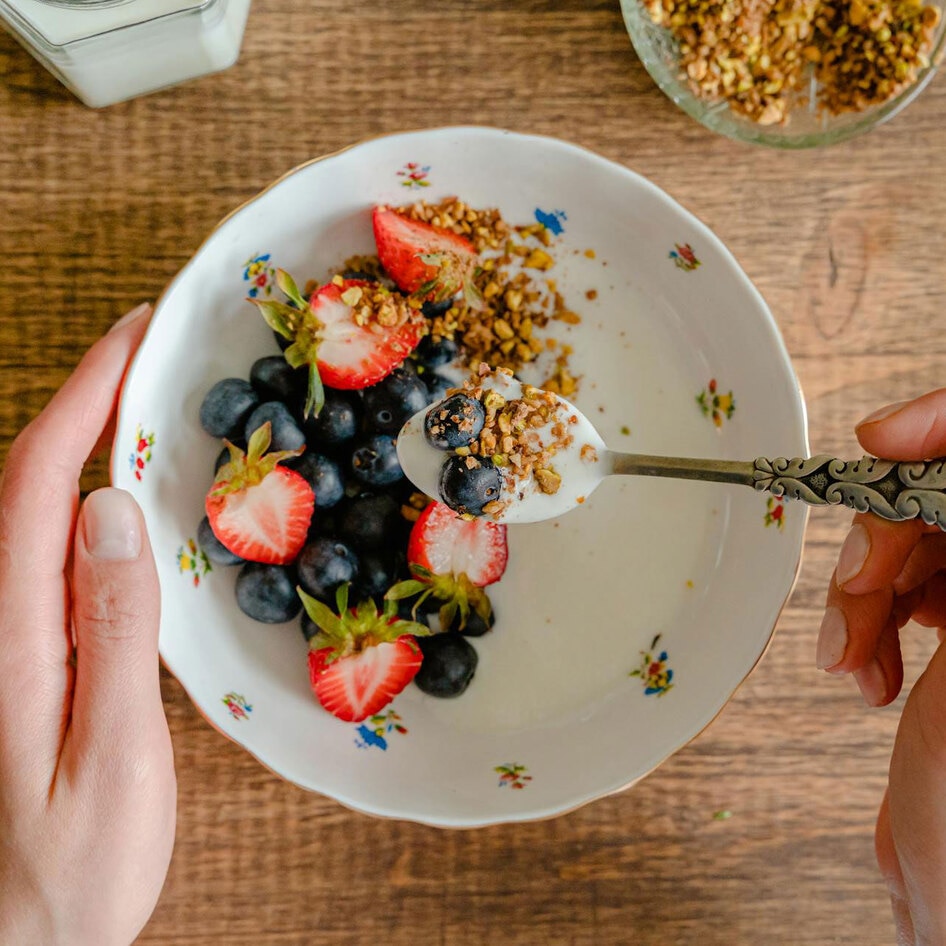To state the obvious, vaccination is a divisive subject right now. In 2021, the year after the COVID-19 pandemic first took hold, research suggested that around 18 percent of Americans would not agree to be vaccinated. But what about if the vaccine was not in a needle, but in your salad? Stay with us.
Are there vaccines in food?
In Tennessee, right now, people are worried about vaccines turning up in their lunch. In fact, they’re so concerned, the state has actually now passed a bill that would require any food that contains a vaccine to be labeled as a drug.
Let’s get one thing clear: the lettuce in your local grocery store does not contain a vaccine. For better or worse, the new Tennessee bill is future-proofing the state’s food system rather than reacting to an immediate situation. However, while the idea of munching on a vaccine sounds ridiculous, it actually isn’t that far-fetched.
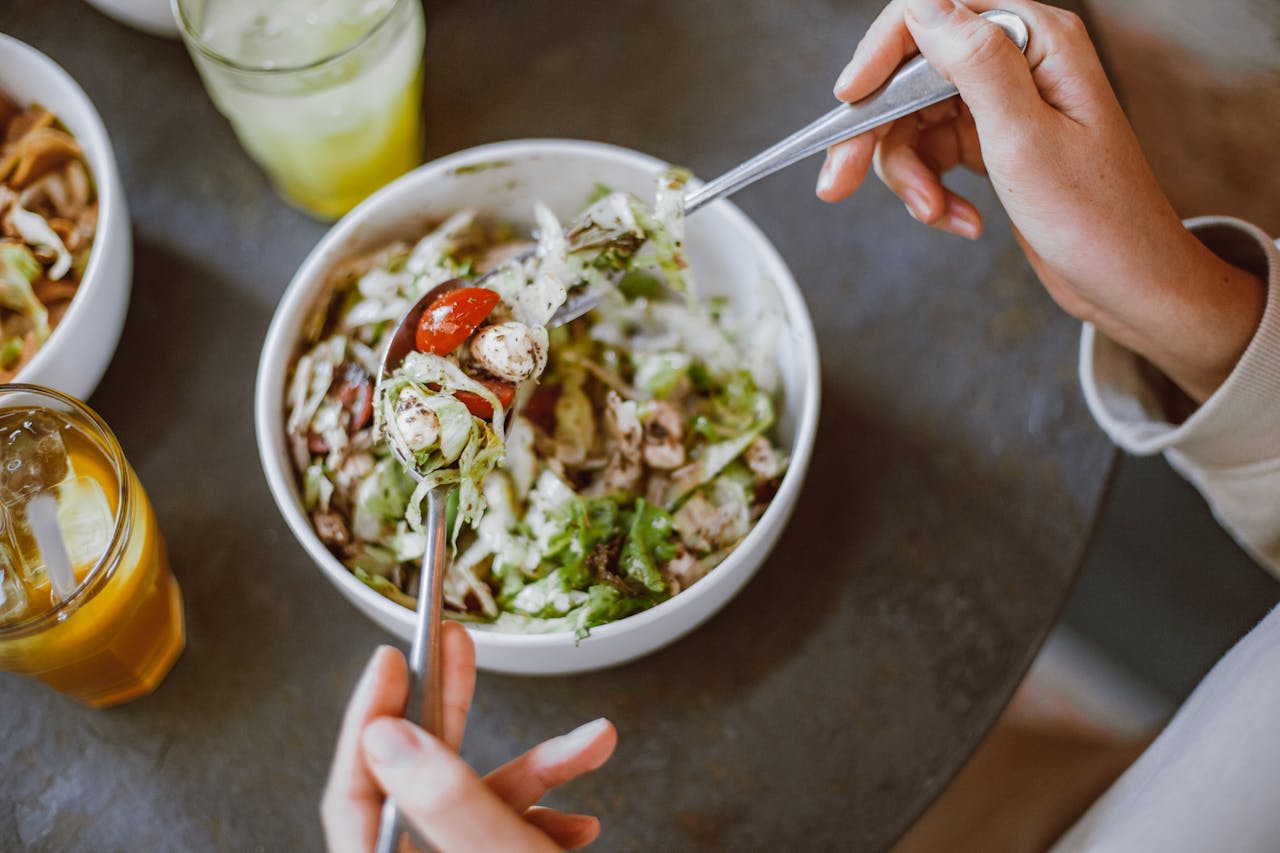 Pexels
Pexels
At the University of California, researchers are currently looking into whether a pathogen-targeting mRNA could be implanted into the cells of edible plants. “Ideally, a single plant would produce enough mRNA to vaccinate a single person,” Juan Pablo Giraldo, an associate professor in UC Riverside’s Department of Botany and Plant Sciences, said in a statement in 2021.
“We are testing this approach with spinach and lettuce and have long-term goals of people growing it in their own gardens,” he added. “Farmers could also eventually grow entire fields of it.”
The long-term goal of the research is to make vaccines more accessible. Right now, vaccines developed with mRNA technology have to be kept cold at all times, but when implanted in food, they might be able to be stored at room temperature. Making vaccines easier to transport, store, and administer could potentially be life-saving for millions of people.
According to the World Health Organization (WHO), vaccination “is one of the most impactful and cost-effective public health interventions available.” And yet, across Africa, only one in five children receive the vaccines that they need.
“Expanding access to vaccines is vital to improve child health and survival, as well as to lay the foundation for countries to reach every person with the basic health services they need to survive and thrive.” —The WHO
The University of California is not alone in its research into edible vaccines. At the University of Tokyo, researchers have been experimenting with creating a cholera vaccine with edible rice. Cholera infects up to four million people every year and causes up to 143,000 deaths. Vaccines are available for the disease, and four of them are needle-free, but again, they require cold storage.
About Tennessee’s Vaccine Lettuce Bill
Research into edible vaccines is promising, but it is still ongoing. The Tennessee bill, which is awaiting signature into law, is not a sign that there are now vaccines in the food system. It simply states that if vaccines were added to food, that food would have to feature clear medical labeling, as you would see on medication.
Republican State Rep. Scott Cepicky has expressed concern that vaccinated lettuces would be available in grocery stores in the future.
“When you go into a grocery store, you should know as a consumer that this head of lettuce is a head of lettuce, the head of lettuce right next to it could contain a vaccine in it,” he said during a House Health Committee session earlier this year. “All we’re saying is, if it does have the vaccine in it, have it listed as a pharmaceutical so that people can get the proper dosage.”
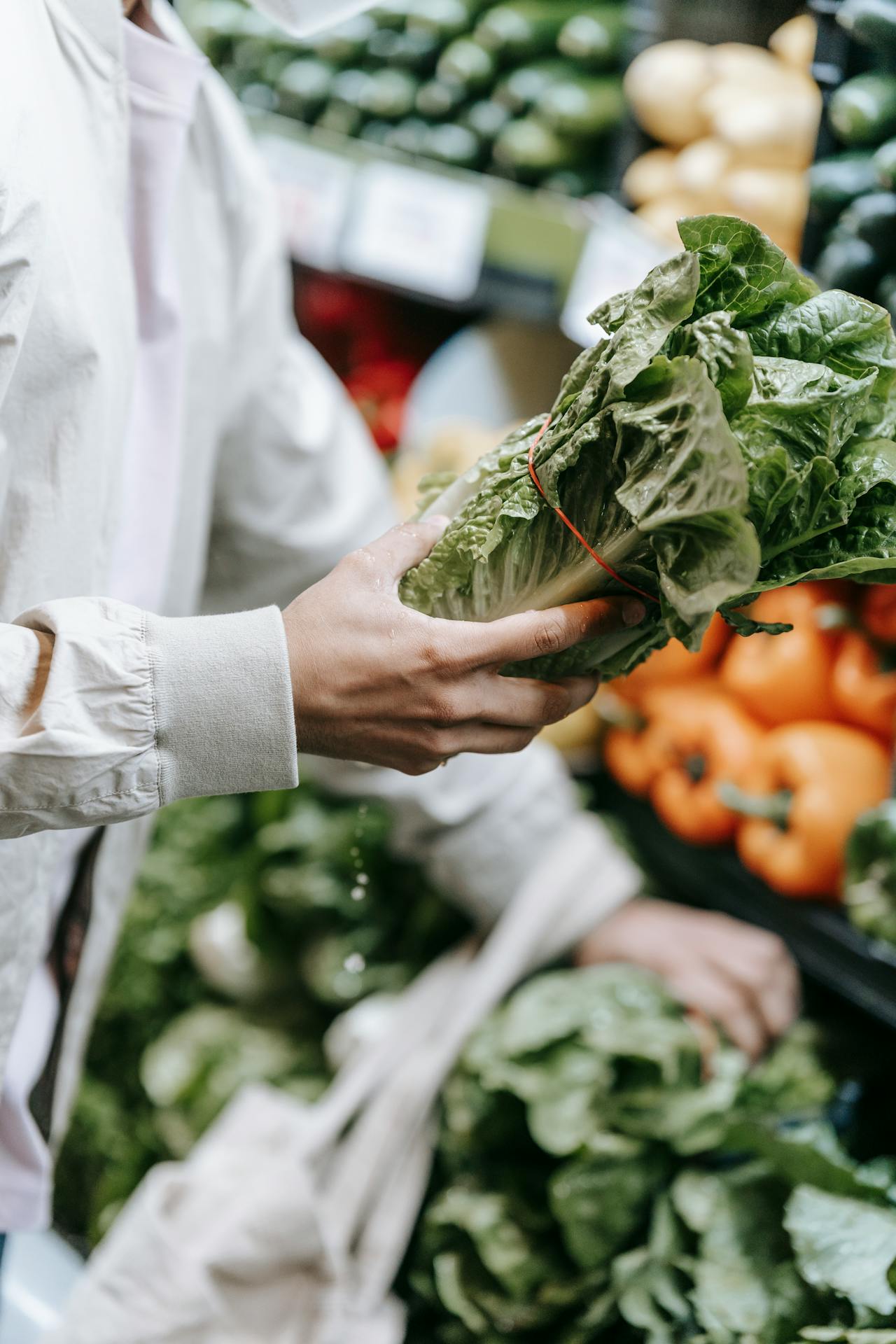 Pexels
Pexels
It’s important to note that there has been no indication from any researchers on this topic that, if studies were successful, any food containing mRNA would be widely available on grocery store shelves in the future.
“The ability to reproduce mRNA vaccines in plants is a technology that has not been successfully demonstrated, either at lab or commercial scale,” a spokesperson for the University of California told Newsweek in February 2024. “Its feasibility is still being tested and the technology does not yet exist.”
Tennessee’s Vaccine Lettuce Bill, known formally as HB 1894, was passed in a 23 to six Senate vote in March. It now awaits Governor Bill Lee’s signature into law.
For more plant-based stories like this, read:
JUMP TO ... Latest News | Recipes | Guides | Health | Subscribe

